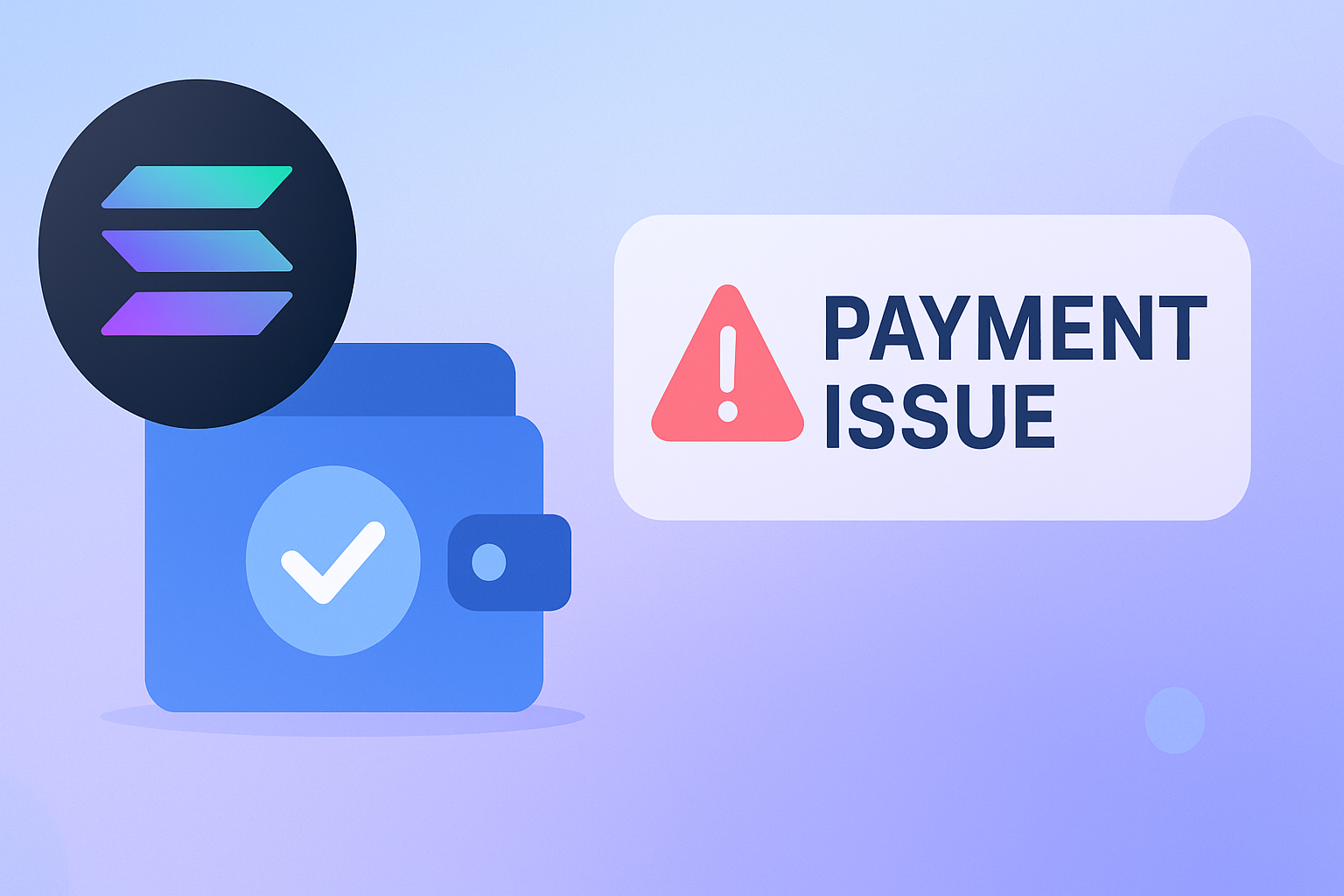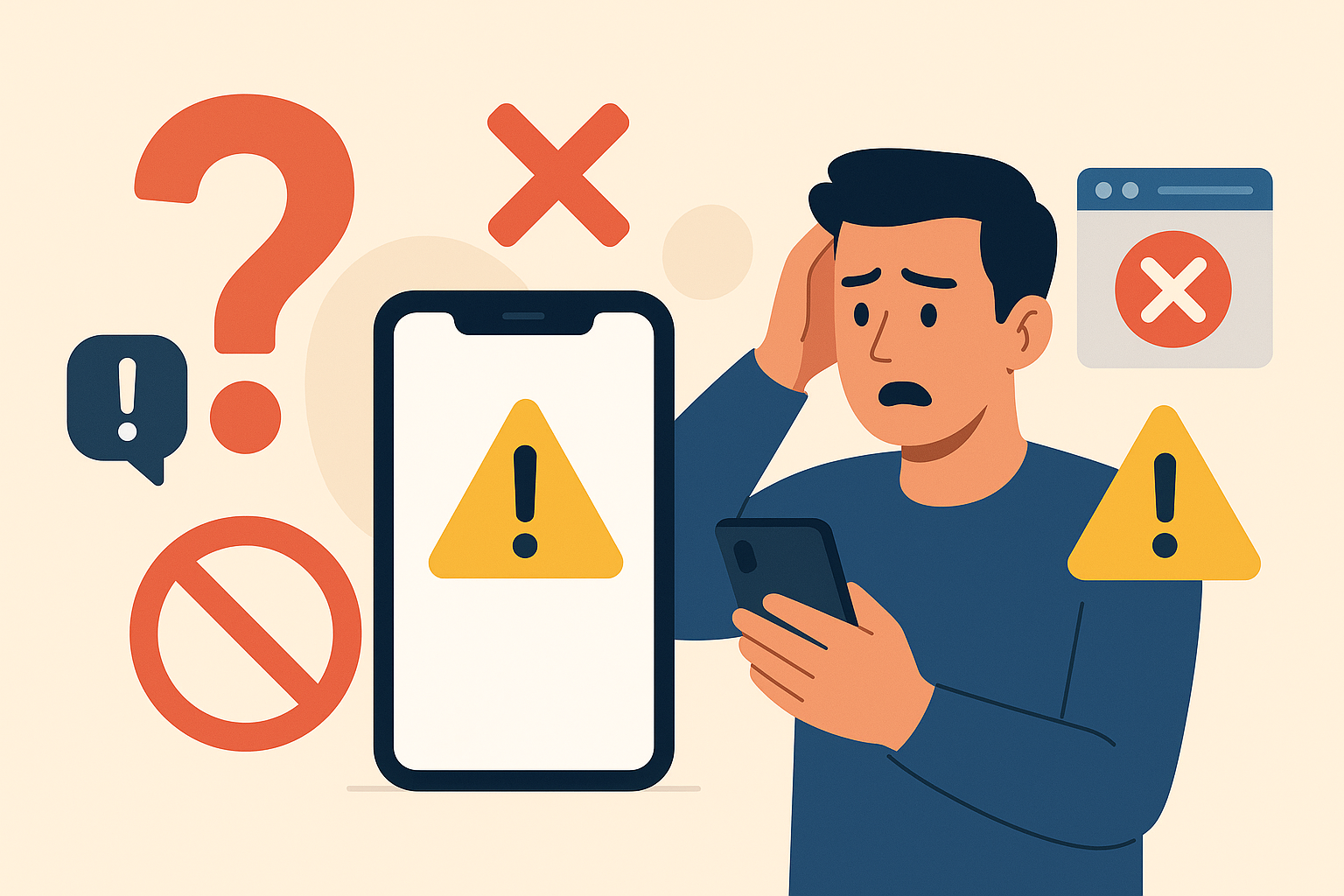Ever noticed your proxy slowing down and wondered why? You're not alone. Proxy speed can make or break your online experience, whether you're browsing, streaming, or using proxies for things like web scraping or managing multiple accounts. But what actually determines how fast or slow a proxy is? And, more importantly, is there anything you can do to speed it up? Let’s break it down.
What Determines Proxy Speed?
-
Your Internet Connection It all starts with your internet. If your connection is slow, no proxy—no matter how fast it is—can compensate for that. Things like network congestion, bandwidth caps, or an unstable connection from your ISP can seriously drag down your speed. So, always make sure your internet is solid before blaming the proxy.
-
Distance Between You and the Proxy Physical distance matters. The farther away the proxy server is from where you're located, the longer it takes for data to travel back and forth. For example, if you’re in Europe but using a proxy in Asia, you’re naturally going to experience a bit more lag. It’s just how the internet works—more distance equals more time.
-
Where the Proxy Server is Located Just like your distance to the proxy matters, so does the proxy’s distance to the website or service you're trying to access. If you’re trying to reach a site hosted in the U.S. but your proxy is in another country, that extra distance can slow things down. Unfortunately, you can’t control where websites are hosted, so this one’s out of your hands.
-
Proxy Type: 4G vs. 5G The kind of proxy you’re using also plays a big role in speed:
-
4G Proxies: These run on 4G mobile networks. While 4G is reliable and gets the job done for most tasks, it’s not the fastest option anymore. If you’re just managing social media accounts or doing basic browsing, 4G proxies will be fine.
-
5G Proxies: If speed is your priority, 5G proxies are the way to go. They use the latest mobile technology and are way faster than 4G. Less lag, more bandwidth—perfect for high-demand tasks like streaming HD video or scraping huge amounts of data. If you're serious about speed, 5G is the future.
-
-
Your ISP and Network Routing Sometimes, your internet provider routes data in weird or inefficient ways, which can slow things down. Even if your internet and proxy are fast, slowdowns can happen if the path your data is taking gets congested or rerouted inefficiently. It’s one of those things that’s hard to predict and even harder to fix.
Can You Make Your Proxy Faster?
Good news: Yes, you can! While some factors, like the proxy’s location or your ISP’s routing, are out of your control, there are still things you can do to speed things up.
-
Pick a Proxy Close to You One easy way to improve speed is to choose a proxy server that’s closer to your actual location. Less distance for your data to travel means quicker response times. It's a simple fix that can make a big difference.
-
Upgrade Your Internet If your internet connection isn’t up to speed, even the best proxy won’t help. Make sure your Wi-Fi or ethernet connection is fast and stable. Consider upgrading your internet plan, switching to a better ISP, or just reducing the number of devices hogging your bandwidth at home.
-
Go with 5G Proxies for Speed-Intensive Tasks If speed is a must for what you’re doing—like streaming, gaming, or scraping large datasets—consider switching to 5G proxies. They’re way faster and better equipped for high-demand tasks compared to 4G.
-
Optimize Your Device This might seem basic, but it helps: make sure your device is optimized for fast browsing. Clear your cache, close unnecessary apps running in the background, and make sure your system is malware-free. Little things like that can add up and make a noticeable difference.
Conclusion
Proxy speed depends on a mix of things, from your internet connection to how far away you are from the proxy and where the proxy itself is located. While some of these are out of your control, you still have options to make things faster. Picking a proxy close to you, upgrading your internet, and switching to 5G proxies for speed-intensive tasks can all help boost performance.
At the end of the day, while you can’t control everything—like your ISP’s routing or where websites are hosted—making smart choices with the factors you can control will definitely improve your proxy experience.





